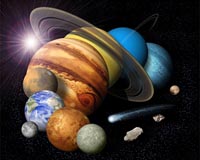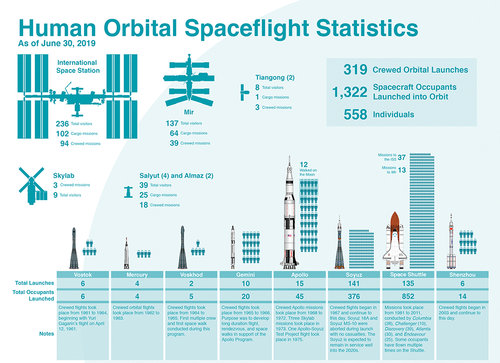If you have to rely on your former #1 enemy to get your own astronauts into orbit, you're definitely *not* leading in space exploration.
Human launches are only a small part of space exploration. If you launch more scientific missions than the rest of the world combined, you most definitely are a leader in space exploration.
If you're talking historically, it's not even close by any measure. Apollo, Space Shuttle, Viking, Pioneer, Voyager, Galileo, Hubble, Cassini, New Horizons, 4 rovers on Mars (a 5th getting ready), LRO, MRO, Juno, X-37 and coming up we have SLS, Blue Origin, SpaceX, (in addition to Northrop Grumman and ULA). Two manned space capsules, another space plane (Sierra Nevada), SpaceX Starship, Bigelow's space station modules. And on, and on. Right NOW though it looks bad having to bum rides off former enemy (who isn't a friend by any stretch), and use their rocket engines.


